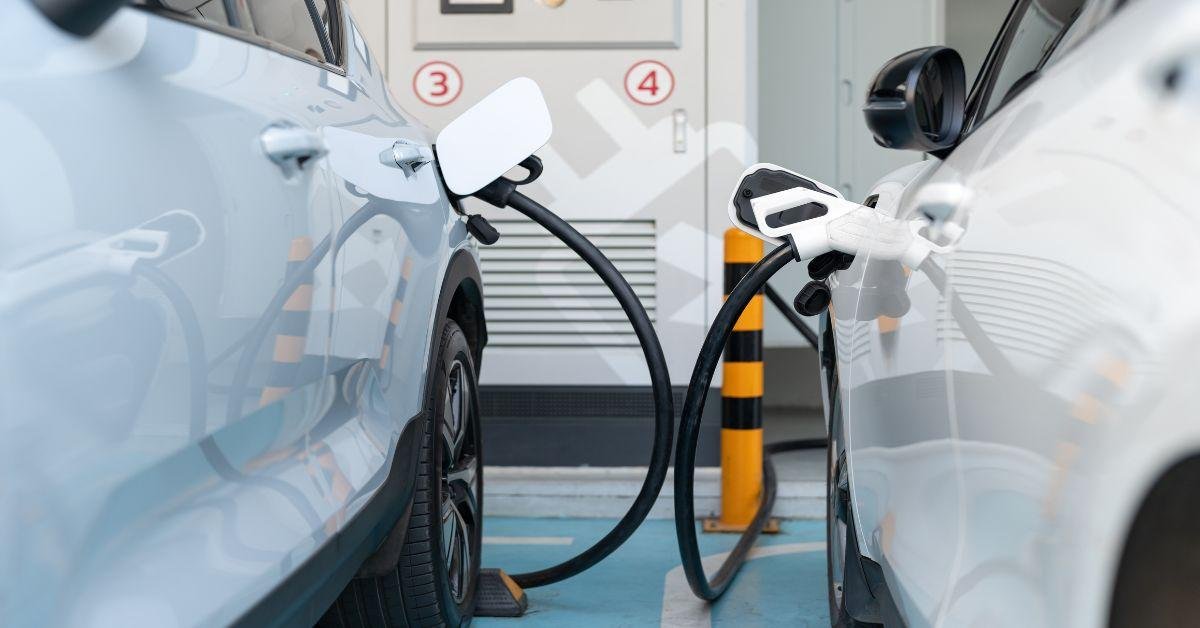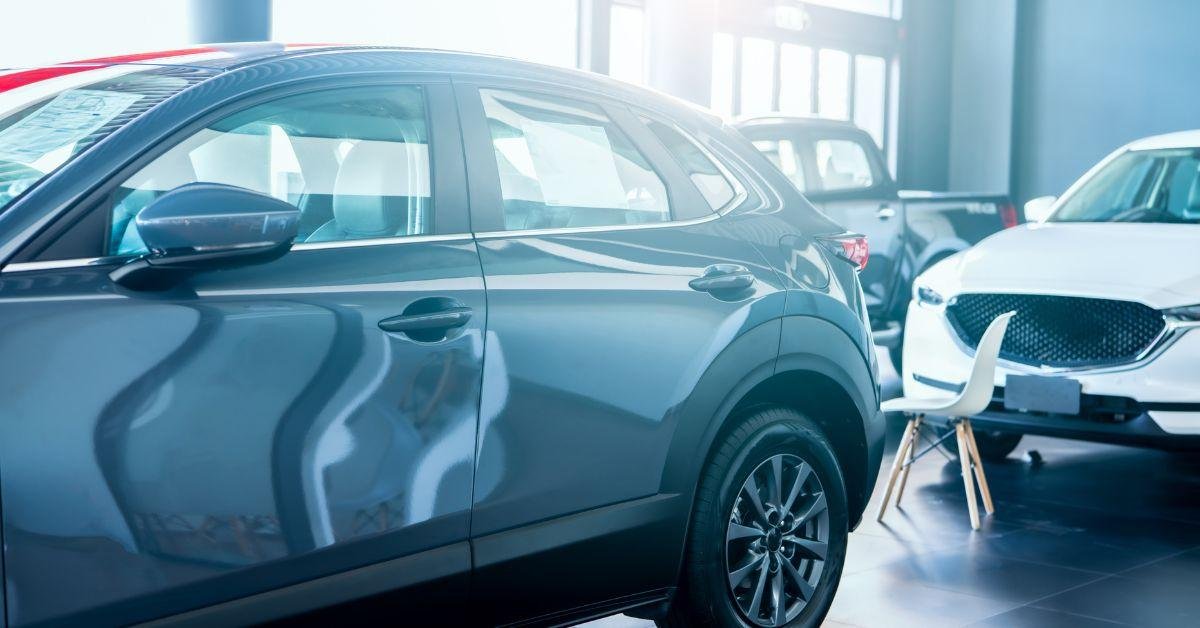Key Takeaways:
- Hybrid cars combine gasoline engines with electric motors for superior fuel efficiency and reduced emissions.
- They offer cost savings over time through lower fuel consumption and maintenance requirements.
- Hybrid cars provide excellent performance and driving experience while contributing to a cleaner environment and healthier future.
Introduction:
As environmental concerns continue to rise, the automotive industry has responded with the development of hybrid cars. Combining traditional gasoline engines with electric motors, hybrid cars offer a range of benefits, from reducing carbon emissions to saving money on fuel costs.
In this article, I’ll explore the advantages of hybrid cars and why they’re becoming an increasingly popular choice for environmentally-conscious drivers.
Understanding Hybrid Cars:
Hybrid cars utilize both gasoline engines and electric motors to power the vehicle. During city driving and low-speed conditions, the electric motor operates, reducing fuel consumption and emissions.

At higher speeds or when more power is needed, the gasoline engine kicks in, providing additional power and range. This dual-power system allows hybrid cars to achieve greater fuel efficiency and lower emissions compared to traditional gasoline-powered vehicles.
Fuel Efficiency and Cost Savings:
One of the primary advantages of hybrid cars is their superior fuel efficiency. By utilizing electric power for low-speed driving and stop-and-go traffic, hybrid cars consume less fuel than conventional vehicles, resulting in significant cost savings over time.
Additionally, hybrid cars often feature regenerative braking systems, which capture and store energy that would otherwise be lost during braking, further improving fuel efficiency.
Reduced Emissions and Environmental Impact:
Hybrid cars produce fewer emissions than traditional gasoline-powered vehicles, making them a more environmentally-friendly transportation option.
By incorporating electric power into their drivetrains, hybrid cars emit fewer greenhouse gases and pollutants, helping to mitigate air pollution and reduce the carbon footprint associated with transportation. This reduction in emissions contributes to cleaner air and a healthier environment for all.
Performance and Driving Experience:
Contrary to common misconceptions, hybrid cars offer excellent performance and a smooth driving experience. The combination of gasoline and electric power allows hybrid cars to deliver ample torque and acceleration when needed, providing a responsive and enjoyable driving experience.
Additionally, many hybrid models come equipped with advanced technology and features, ensuring a comfortable and convenient ride for drivers and passengers alike.
Long-Term Reliability and Maintenance Savings:
Hybrid cars are known for their long-term reliability and durability. The electric components of hybrid vehicles are designed to last for many years, with minimal maintenance required.
Additionally, the regenerative braking system reduces wear and tear on traditional braking components, leading to reduced maintenance costs over the lifespan of the vehicle. With proper care and maintenance, hybrid cars can provide years of dependable service.
Resale Value and Financial Incentives:
Hybrid cars often retain their resale value better than traditional gasoline-powered vehicles. As the demand for fuel-efficient and environmentally friendly vehicles continues to grow, hybrid cars remain desirable in the used car market, resulting in higher resale prices for owners.

Additionally, many governments offer financial incentives, such as tax credits and rebates, to encourage the purchase of hybrid and electric vehicles, further offsetting the initial cost of ownership.
Conclusion:
In conclusion, hybrid cars offer a range of advantages that make them an attractive choice for environmentally-conscious drivers. From superior fuel efficiency and reduced emissions to long-term reliability and financial savings, hybrid cars provide a compelling alternative to traditional gasoline-powered vehicles.
As the automotive industry continues to innovate and develop cleaner and more sustainable transportation solutions, hybrid cars are poised to play a crucial role in driving green and saving green for years to come.
FAQs:
1. How do hybrid cars achieve better fuel efficiency?
Hybrid cars utilize both gasoline engines and electric motors, allowing them to optimize fuel consumption by using electric power for low-speed driving and stop-and-go traffic, reducing reliance on gasoline and improving overall fuel efficiency.
2. Are hybrid cars more expensive to maintain?
No, hybrid cars are not necessarily more expensive to maintain. They often require less maintenance than traditional gasoline-powered vehicles due to the durability of their electric components and the reduced wear and tear on braking systems, resulting in long-term cost savings for owners.
3. Do hybrid cars have good performance?
Yes, hybrid cars offer excellent performance and a smooth driving experience. The combination of gasoline and electric power allows hybrid cars to deliver ample torque and acceleration when needed, providing responsive and enjoyable driving dynamics.
More Resources:
Hybrid Car Features That Save You Money


